January 14, 2025 •
Ask the Experts – When and Where do Investment Advisors Have to Register as Lobbyists in California?
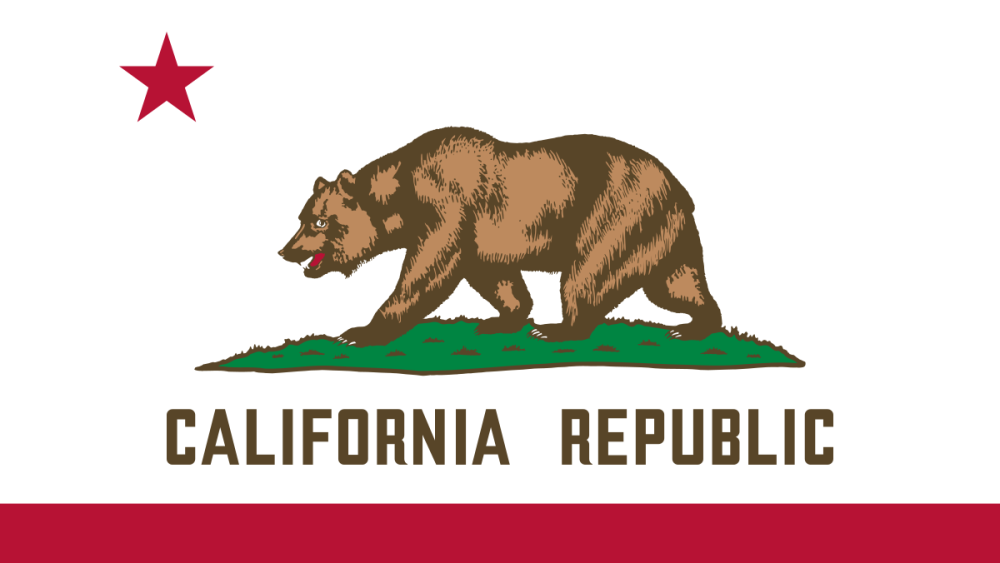
Flag of California
Q: I am an investment advisor registered as a lobbyist in the state of California because I qualified as a placement agent on the state level. I also want to solicit municipal public investment and retirement systems such as San […]
Q: I am an investment advisor registered as a lobbyist in the state of California because I qualified as a placement agent on the state level. I also want to solicit municipal public investment and retirement systems such as San Francisco City and County Employees’ Retirement System and San Jose Federated City Employees’ Retirement System. Do I need to do anything else, or does my state registration cover me?
A: You need to consider the local laws. Your California state registration does not cover your activities on the local level.
Not all California municipalities have lobbying laws. The local jurisdictions that do have lobbying laws also do not always require registration for investment advisor activity. You must look closely at each jurisdiction’s laws where you are active to determine if registration or reporting is needed.
In San Francisco, local lobbyist registration requirements cover placement agents lobbying public investment and retirement systems (including the San Francisco City and County Employees’ Retirement System). Monthly lobbyist reports are also required after registration.
San Jose also has local lobbying laws that apply to placement agents. Registration is due annually and activity reports must be filed weekly for each calendar week a lobbyist has engaged in lobbying activity.
It is a good idea to always check the applicable laws on our website prior to any government outreach.
More information can be found in the Lobbying Compliance section of the State and Federal Communications website.
December 20, 2024 •
Kentucky Executive Branch Ethics Commission Raises Registration Fees for 2025
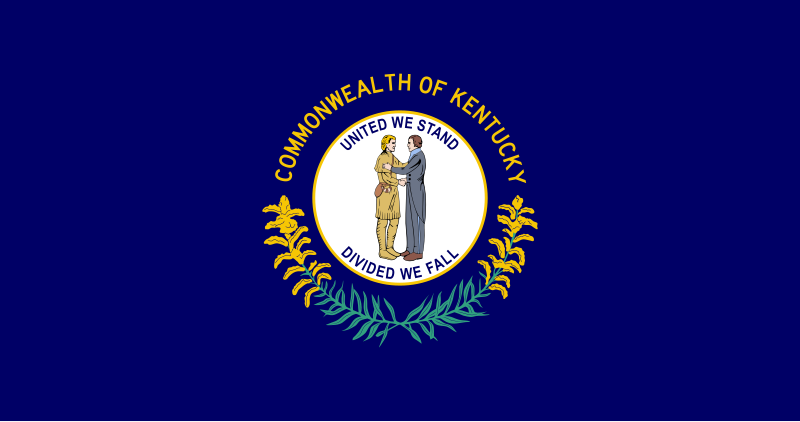
The Executive Branch Ethics Commission voted to raise the registration fee for Employers and Real Parties in Interest from $500 to $750. This funding increase was authorized by House Bill 8, Section 61, passed during the 2024 regular legislative session […]
The Executive Branch Ethics Commission voted to raise the registration fee for Employers and Real Parties in Interest from $500 to $750.
This funding increase was authorized by House Bill 8, Section 61, passed during the 2024 regular legislative session for a new online filing system.
The executive agency lobbyist registration fee is paid with the updated registration statement due July 31 of each year and covers the July 1 to June 30 reporting period or through termination if occurring before June 30.
The updated registration statement forms have been updated to reflect this change.
October 15, 2024 •
Ask the Experts – When to Register as a Lobbyist in Illinois
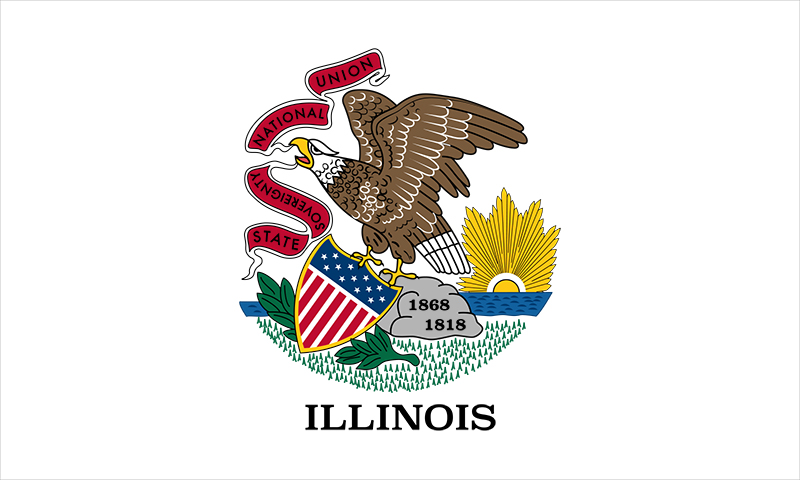
State Flag of Illinois
Q: I know in Illinois you must register prior to any lobbying activity. Does this mean I must register as a lobbyist before communicating with any government agency? A: You are correct in saying Illinois requires registration as a lobbyist […]
Q: I know in Illinois you must register prior to any lobbying activity. Does this mean I must register as a lobbyist before communicating with any government agency?
A: You are correct in saying Illinois requires registration as a lobbyist prior to engaging in lobbying activity. However, registration is only required if the activity within the state meets the definition of “lobbying,” which does not cover all communications with a government office.
In fact, the Lobbyist Registration Act only covers communications with a specific list of high-level government officials at both the state and local levels. So, communications with individuals not included in this list would not be considered “lobbying” under the Lobbyist Registration Act and would, therefore, not require registration.
This list of officials are as follows:
- The Governor, Lieutenant Governor, Secretary of State, Attorney General, State Treasurer, and State Comptroller;
- The Chiefs of Staff and Deputies of each of the above officials;
- Cabinet members of any elected constitutional officer, including Directors, Assistant Directors and Chief Legal Counsel or General Counsel;
- Members of the General Assembly;
- Members of any board, commission, authority, or task force of the State authorized or created by State law, by executive order of the Governor, by a local ordinance, or by order of a mayor or village or town president;
- Mayors, presidents, aldermen, commissioners, and trustees of a city, village, or town; and
- County and township board members and countywide and township elected officials.
So, if you are communicating with government agencies in Illinois, whether you will be required to register as a lobbyist depends on with which individuals you will be communicating. So, it is vital to keep in mind which individuals are covered by the Lobbyist Registration Act to ensure full compliance.
More information about this topic can be found in the Lobbying Compliance Guidebook on the State and Federal Communications subscriber website by selecting Illinois from the list of states.
September 30, 2024 •
Lobbyist Fees Increase for District of Columbia
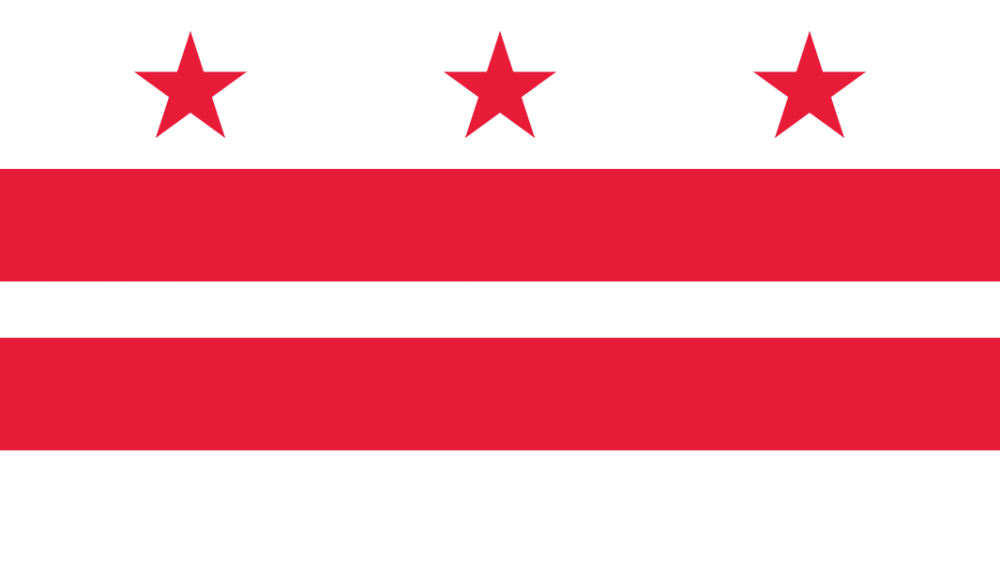
Flag of Washington, D.C.
Effective October 1, 2024, lobbyist registration fees with the District of Columbia Board of Ethics and Government Accountability (BEGA) will increase. Registration will increase from $250 to $350 for registrants that are not nonprofit entities. The registration fees for nonprofit […]
Effective October 1, 2024, lobbyist registration fees with the District of Columbia Board of Ethics and Government Accountability (BEGA) will increase.
Registration will increase from $250 to $350 for registrants that are not nonprofit entities.
The registration fees for nonprofit registrants will increase from $50 to $100.
This only applies to nonprofits or lobbyists who lobby only for nonprofits.
BEGA states if one lobbies for many nonprofits and only one for-profit entity, the lobbyist is required to pay the $350 registration fee for each client, even the nonprofits.
The nonprofit organizations would pay $100 for their own registration.
Additionally, late filing fees will increase from $10 per day up to 30 days to $100 per day up to 60 days for a total of $6,000 per report.
If a person continues to fail to register or file a report after fines have been assessed, BEGA may bring the matter before the Ethics Board as an enforcement matter for willful failure to file or refer the matter to the Office of the Attorney General for collection of the fine.
July 17, 2024 •
Ask the Expert – How Will Changes to Minnesota Lobbying Laws Affect Registering and Filing?
Q: Since Minnesota updated their lobbying law and the changes went into effect at the start of 2024, how will the changes practically affect how lobbyists register and file reports? A: Minnesota passed legislation affecting lobbying registration and reporting that […]
Q: Since Minnesota updated their lobbying law and the changes went into effect at the start of 2024, how will the changes practically affect how lobbyists register and file reports?
A: Minnesota passed legislation affecting lobbying registration and reporting that went into effect on January 1, 2024. To correspond with the changes the Campaign Finance Board (CFB) has updated their lobbyist registration, termination statement, and reporting forms.
Lobbyists should be aware the registration threshold has increased from $250 to more than $3,000 for individuals who spend personal funds to influence government action. Calculating the threshold does not include an individual’s own traveling expenses and membership dues. While the increased threshold allows individuals to track their activities until they reach the higher amount the law expanded the scope of local government lobbying which could lead to more activities being included in determining your registration requirements.
The scope of local government lobbying was expanded by amending the definition of lobbyist to replace all references to metropolitan governmental unit with political subdivision. A political subdivision includes the metropolitan council, a metropolitan agency, including the Metropolitan Parks and Open Space Commission, Metropolitan Airports Commission, and Metropolitan Sports Facilities Commission, and a municipality, including a county, town, city, school district or other municipal corporation or political subdivision of the state authorized by law to enter into contracts. Communication with local officials of a political subdivision will need to be tracked and included in calculating your threshold. The new form released by CFB reflects these changes. Lobbyists will also be required to list the general lobbying categories of interest on registrations.
On the reporting and termination forms, lobbyists will no longer be required to report disbursements. Instead, individuals must affirm whether legislative, administrative, or local governmental action occurred during the reporting period. For each type of governmental action, the lobbyist must include at least one general lobbying category and up to four specific subjects of interest lobbied during the reporting period. For administrative actions, individuals must also include the agency lobbied and revisor number if applicable. Lobbyists must continue to report the amount and nature of each gift, item, or benefit $5 or more, given or paid to any public official, an employee of the Legislature, or a local official, by the lobbyist, an employer, or employee of the lobbyist, and each original source of money in excess of $500 in any year used for the purpose of lobbying.
While the CFB has not released an updated form for the annual report, the new lobbying law requires the total amount spent on each lobbying type during a calendar year to be rounded to the nearest $9,000 instead of the current $20,000. We expect the CFB to release a new form closer to the annual reporting due date.
The information from this response can easily be found on our website in the Lobbying Compliance section of the United States Compliance Laws publication. Please do not hesitate to contact us if you have questions.
May 7, 2024 •
Ask the Expert – Georgia’s New Lobbyist System
Q: I need to register as a lobbyist in Georgia and I have heard Georgia has overhauled their system. Were there any changes to how one registers or to what is required on lobbying reports? A: Georgia has undergone a […]
Q: I need to register as a lobbyist in Georgia and I have heard Georgia has overhauled their system. Were there any changes to how one registers or to what is required on lobbying reports?
A: Georgia has undergone a massive renovation of their lobbyist system. Registration is now a complex process that requires clients to make an account, which was not necessary under the old system.
When creating a client account, the system will request a list of officers and authorized agents. Any officers listed will have a client account created, using the email provided as a Login ID. Only officers are able to file reports, while authorized agents may only input information into the system.
Once the registration is submitted, an email will be sent to each of the listed officers, prompting them to create a password. The Ethics Commission will only discuss issues with the client account with the listed officers.
Following the creation of the client account, the lobbyist account may be created.
Once the lobbyist registration is submitted, a “token” will be created and emailed to the officers of the listed client. The client must then accept the “token” by clicking on the link and authorizing the lobbyist. The system will then send an email to the lobbyist to create their password. Once the password is created, the lobbyist is officially registered. It is important to note the lobbyist’s account will not be created until the client accepts the relationship. The $20 badge fee may be paid from the lobbyist account or the client account.
While the changes to lobbyist reporting are more modest, there are still differences between the old and new systems.
A large change is that there are now only three different reports: Local, Legislative, and Agency. The Agency report has combined Agency, Vendor, and State Board of Transportation into one report. Even if you only registered as an Agency lobbyist, your report will be labeled as an Agency, Vendor, and State Board of Transportation report.
The new system now requires additional information to file a report. Each expenditure disclosure must now contain:
• Date of the expenditure
• Amount
• The client of the lobbyist
• The “type” of expenditure
• A description of the expenditure
• The name of the payee
• Whether the recipient is a public officer or group and their name.
The system also allows for the disclosure of the purpose of the expenditure and the number of the bill, resolution, or regulation, but this is an optional disclosure.
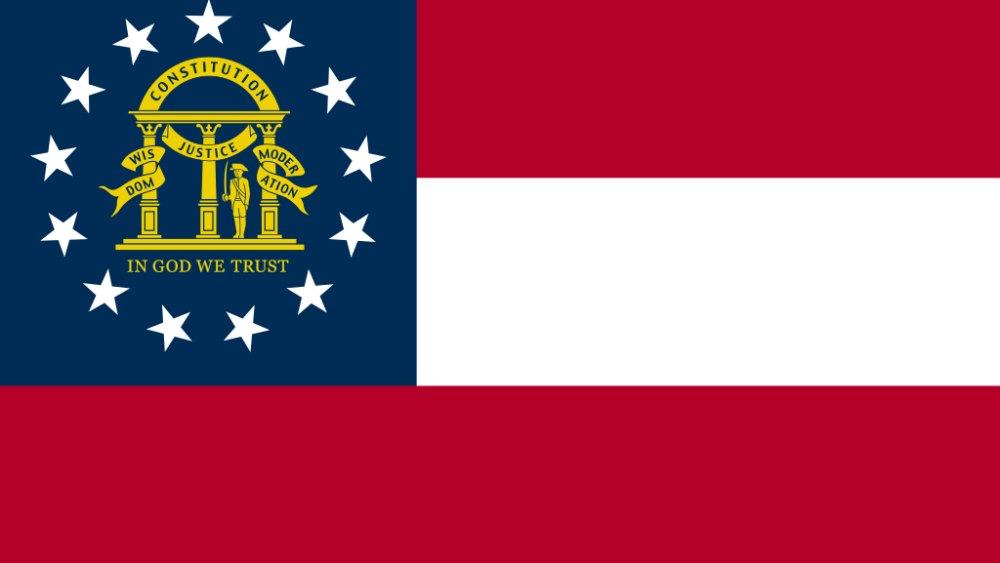
Georgia State Flag
The Georgia Legislature passed a bill to require registration and disclosure for agents of foreign principals. Senate Bill 368 defines foreign principal broadly to include a foreign government, political party, and a partnership, association, corporation, organization, or other combination of […]
The Georgia Legislature passed a bill to require registration and disclosure for agents of foreign principals.
Senate Bill 368 defines foreign principal broadly to include a foreign government, political party, and a partnership, association, corporation, organization, or other combination of persons organized under the laws of or having its principal place of business in a foreign country.
The registration requires extensive disclosure including the registrant’s nationality, nature of business, compensation, expenditures, and details regarding activity performed on behalf of the foreign principal. The registration must be updated every six months.
U.S. subsidiaries of foreign principals are not explicitly exempt from additional disclosures.
Agents of foreign principals must also disclose their identity to government agencies and the General Assembly each time they appear on behalf of a foreign principal.
The bill also prohibits foreign nationals from making campaign contributions to a candidate, campaign committee, independent committee, or political action committee.
Senate Bill 368 has not yet been signed by the governor.
If signed, the bill becomes effective July 1.
January 25, 2024 •
Ask the Experts – Registration on State and Municipal Levels

Urupong - Getty Images Pro
Q: I need to lobby on the municipal level, but I’m registered with the state. Am I covered? A: It will depend on the state, but you might not be covered. Some states, including Georgia, Illinois, Missouri, and New York, […]
Q: I need to lobby on the municipal level, but I’m registered with the state. Am I covered?
A: It will depend on the state, but you might not be covered. Some states, including Georgia, Illinois, Missouri, and New York, to name just a few, have lobbying laws covering both state and local governments. If you are registered in such a state, however, that does not necessarily end the analysis.
Even in states where state lobbying laws apply locally, you may still have local obligations. New York state law requires registration if you lobby locally and otherwise meet the registration requirements, but New York City has its own registration regime you will be required to follow, potentially requiring registration at both the state and local level. Illinois lobbying law covers local governments as well, but includes a carve out for lobbying in Chicago. Lobbying in Chicago requires registration with the city, but not with the state.
Whether you are or are not in a state where the lobbying laws apply locally, you will need to verify whether the city or county you are contacting has its own lobbying law. Even if it does not, be aware there may be other requirements, such as visitor logs, with which you will still need to comply.
Finally, be aware some local agencies, particularly those covering large metro areas, have their own lobbying laws as well, so registration with the city or county still may not cover your contacts with those agencies. For instance, Broward County Public Schools and the Los Angeles Metropolitan Transportation Authority (LAMTA) have adopted lobbying provisions separate from those of the counties in which they are located.
It is safest to always assume your government outreach, regardless of the level of your interaction, is covered by a lobbying law until you confirm otherwise.
Further information about the lobbying laws in hundreds of cities, counties, and local agencies can be found in the Lobbying Compliance Laws section of the State and Federal Communications website.
January 15, 2024 •
Georgia Has New Lobbyist Registration System

Georgia State Flag
Georgia is replacing its lobbyist e-filing system for 2024. Clients and lobbyists will have to register, but only once in the new system. Lobbyists will be able to reregister every year based on this initial registration and clients will only […]
Georgia is replacing its lobbyist e-filing system for 2024.
Clients and lobbyists will have to register, but only once in the new system.
Lobbyists will be able to reregister every year based on this initial registration and clients will only register once to establish their account.
Lobbyists are currently authorized to lobby on behalf of new clients they register while authorization approval is pending.
This ability to lobby on behalf of new clients while awaiting approval of clients is for calendar year 2024 only.
Due to the new system, the Ethics Commission has decided to not collect or assess late fees for lobbyists provided they make a concerted effort to file reports and comply with their reporting requirements until March 31.
December 12, 2023 •
Burlington, Ontario’s New Lobbyist Registry Bylaw Comes into effect January 1
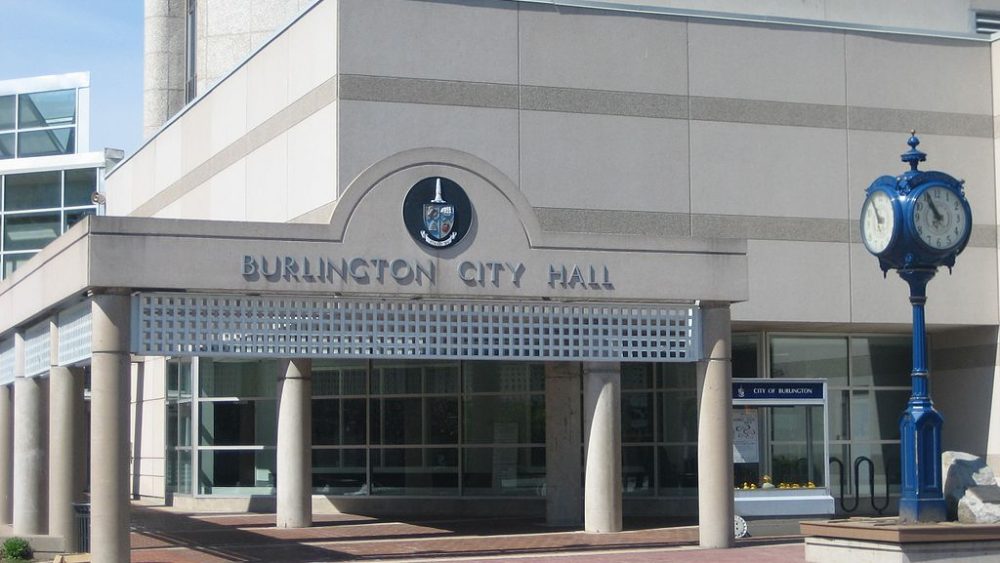
Burlington, Ontario City Hall - The Fwanksta, Public domain
On January 1, the city of Burlington, Ontario’s new lobbyist registry bylaw comes into effect. The law effectively replaces the city’s Lobbyist Registration Policy, which passed on October 19, 2021, and came into effect January of 2022. As noted in […]
On January 1, the city of Burlington, Ontario’s new lobbyist registry bylaw comes into effect.
The law effectively replaces the city’s Lobbyist Registration Policy, which passed on October 19, 2021, and came into effect January of 2022.
As noted in the city of Burlington’s December 12 press release, the new a bylaw approved by City Council on July 11, 2023, includes:
- A move from volunteer to mandatory registration of applicable lobbying activities. All lobbyists must file a registration for each matter they intend to lobby prior to the lobbying, or within fifteen days of the initial communication;
- An expanded definition of lobbying communication that includes a formal meeting, email, letter, phone call or meaningful dialogue or exchange that materially advances a matter that is defined as lobbying, whether in a formal or an informal setting;
- The addition of the Burlington Leadership Team as a part of the lobbyist registry, along with the city council, as public office holders;
- The appointment of the city clerk as the Lobbyist Registrar to centralize and improve efficiency of registry administration;
- Limited enforcement of the bylaw: Where a person has contravened any of the provisions in the bylaw, they will be prohibited from lobbying activities until an information and education meeting with the Lobbyist Registrar is held. For a second offense, lobbying activities will be prohibited for 60 days.
While the city’s current registry is presently available online, new registration forms and webpage updates will be made to reflect the bylaw once it takes effect in January 2024.
“The new Lobbyist Registry bylaw will help ensure greater transparency in the local government decision-making process,” said Deputy Clerk Kevin Klingenberg in the press release.
October 9, 2023 •
Sarasota, Florida Lobbying Law Proposed
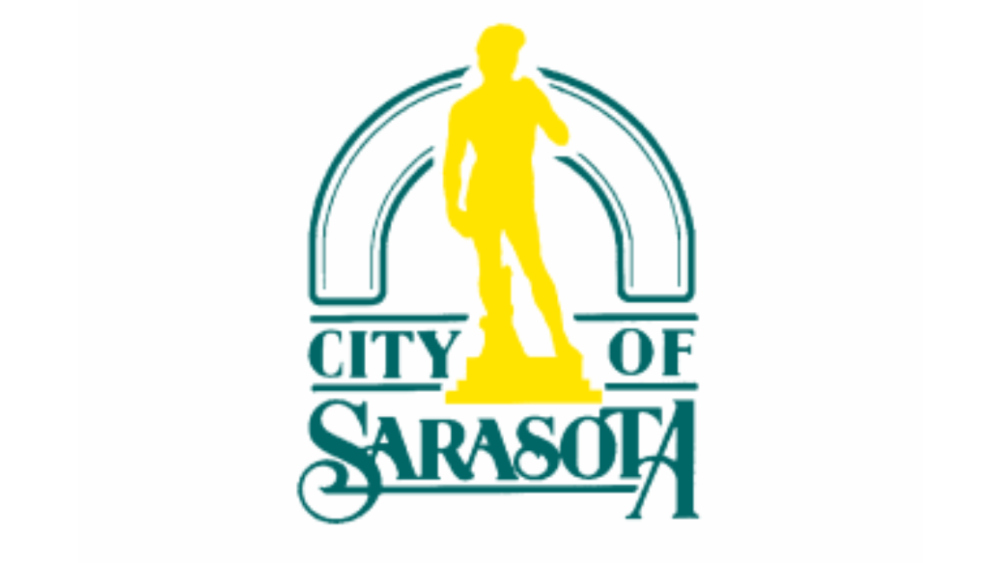
A Sarasota commissioner has proposed an act to require lobbyist registration for any person hired for the purpose of lobbying. The act is intended to diminish clandestine lobbying done in secret by private individuals. This act will affect anyone paid […]
A Sarasota commissioner has proposed an act to require lobbyist registration for any person hired for the purpose of lobbying.
The act is intended to diminish clandestine lobbying done in secret by private individuals.
This act will affect anyone paid to lobby the city on any matter and require them to disclose their client and the purpose of their lobbying.
The act will exempt those who are not compensated for lobbying activities or those lobbying on behalf of the community.
Finally, the act will establish a public database with a maintained list of lobbyists, their clients, and the subjects of their lobbying.
September 28, 2023 •
North Carolina Legislature Passes Bill Increasing Lobbying Registration Fee
The General Assembly passed House Bill 259 on September 22. Gov. Roy Cooper has indicated he will not veto the bill and allow the bill to become law without his signature. House Bill 259 increases the lobbyist and principal registration […]
The General Assembly passed House Bill 259 on September 22.
Gov. Roy Cooper has indicated he will not veto the bill and allow the bill to become law without his signature.
House Bill 259 increases the lobbyist and principal registration fee from $250 to $500.
It also establishes an expedited pass for lobbyists and liaison personnel to accelerate entry into the State Legislative Building and the Legislative Office Building during the hours these buildings are open to the public.
The Legislative Services Commission may charge lobbyists a fee of up two $2,000 and liaison personnel a fee of up to $1,000 per pass, for each regular session.
August 14, 2023 •
Oakland Introduces Lobbyist Registration Fees
The Oakland Ethics Commission passed a Master Fee Schedule including a newly added annual lobbyist registration fee of $500 and a late filing fee of $10 per day for registrations and reports. The City Council approved the inclusion of the […]
The Oakland Ethics Commission passed a Master Fee Schedule including a newly added annual lobbyist registration fee of $500 and a late filing fee of $10 per day for registrations and reports.
The City Council approved the inclusion of the additional fees in the annual Master Fee Schedule yearly update.
Currently, the Ethics Commission is seeking to alter the new fee structure.
The commission is seeking to waive fees for 501(c)(3) organizations with less than $750,000 in annual revenue; a reduction of fees with less than $200,000 in annual revenue; and a reduced fee for third and fourth quarter registrants.
The new proposal has been sent to the City Council for their approval.
August 7, 2023 •
Ask The Experts – Registration Threshold in Washington
Q: I’ve had a few discussions with legislators in Washington. Do I need to register? A: Unlike some states that require registration before you begin lobbying, Washington is not a “first toe in the water state.” As a result, there […]
Q: I’ve had a few discussions with legislators in Washington. Do I need to register?
A: Unlike some states that require registration before you begin lobbying, Washington is not a “first toe in the water state.” As a result, there are some activities that you can engage in before or without the need to register as a lobbyist.
Washington requires you to register as a lobbyist once you have either conducted lobbying activities for more than four days, or parts of four days, in a three-month period, or made total expenditures exceeding $35 in a three-month period for or on behalf of public officials. So, if your lobbying activity is extremely sporadic and limited, you may not need to register.
But Washington also has a relatively narrow definition of what constitutes lobbying. Lobbying is defined as an attempt to influence the passage or defeat of any legislation or the adoption or rejection of any rule, standard, rate, or other legislative enactment of any state agency. This definition excludes acts of goodwill lobbying, like small-talk with lawmakers or general relationship-building with public officials. But, be mindful of your activities, because if your small-talk conversation turns to shoptalk about a specific issue or piece of legislation, then that conversation will put you closer to crossing the lobbying registration threshold.
Similarly, the state’s lobbying law carves out several activities that it does not consider lobbying. If you limit your activities to appearing before public sessions of committees of the legislature or public hearings of state agencies, then you will not need to register. Similarly, activities by persons whose participation was solicited by an agency under a negotiated rulemaking or pilot rulemaking agency will not, by themselves, require you to register as a lobbyist.
More information about registration requirements can easily be found on our website in the Registration section of the Lobbying Compliance Guidebook.
State and Federal Communications, Inc. provides research and consulting services for government relations professionals on lobbying laws, procurement lobbying laws, political contribution laws in the United States and Canada. Learn more by visiting stateandfed.com.


